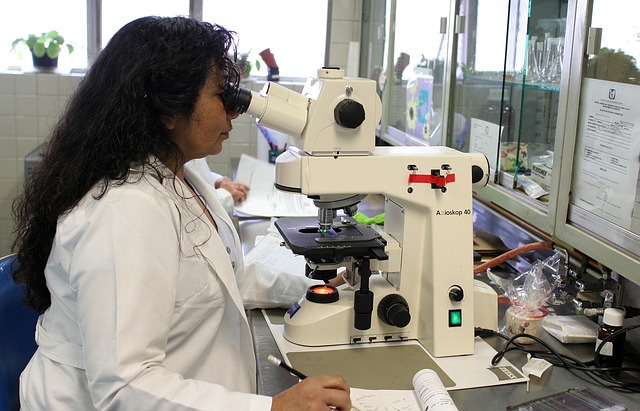
Both cannabis prohibitionists and supporters agree that operating a motor vehicle after consuming cannabis is not a good idea. The “effects of cannabis versus alcohol” argument aside—in which some researchers believe cannabis is safer than alcohol when driving—no one is in favor of intoxicated driving.
But what tools are available to determine if a driver is under the influence of cannabis? And exactly what serves as the definition of “cannabis intoxication”?
Until now, tests that see if THC had been recently used, and how much, have been unavailable outside of blood tests, and those still don’t answer the “when” part of the equation. Scientists have developed a new tool they claim solves these problems.
NPR reports of researchers at the University of Philadelphia, who last week unveiled a breathalyzer for cannabis. The device was developed by the university’s Star Lab, led by Alexander Star, who says the device is nearly ready for mass production.
Per NPR: “The device uses carbon nanotubes, which are 1/100,000 the size of human hair, to recognize the presence of THC, even when other substances are in the breath, such as alcohol. The THC molecule binds to the surface of the tubes, altering their electrical properties.”
“Nanotechnology sensors can detect THC at levels comparable to or better than mass spectrometry, which is considered the gold standard for THC detection,” said the press release.
The lab has “set a threshold on their device to detect only a certain amount of THC, which they say will help avoid flagging pot use from several days prior.”
Measuring the amount of THC is a good start, but from there, things get more complicated.
When a breathalyzer is used, it determines the amount of alcohol present in the user’s blood. If that exceeds a blood alcohol content level—.08 percent is the national standard for “impairment”—then you have a “drunk driver.”
But when you measure THC, there isn’t an established formula to determine how “impaired” the user is, based on the amount of THC.
NPR asked, “Is there a ratio that links the amount of THC in someone’s breath to the amount in the person’s blood—and then to exactly how stoned that person is? No, [said the lab]. The correlation ‘is basically missing, from a scientific point of view.'”
For now, standard sobriety tests are administered to determine if cannabis has been used, and if it has led to impairment in the user. This problem could eventually be solved if researchers were allowed to work with a plant without the long-outdated rules and regulations in place now.
Regardless, please don’t consume cannabis and get behind the wheel. It might make the commute more bearable, but it’s really not a great idea, ultimately.

